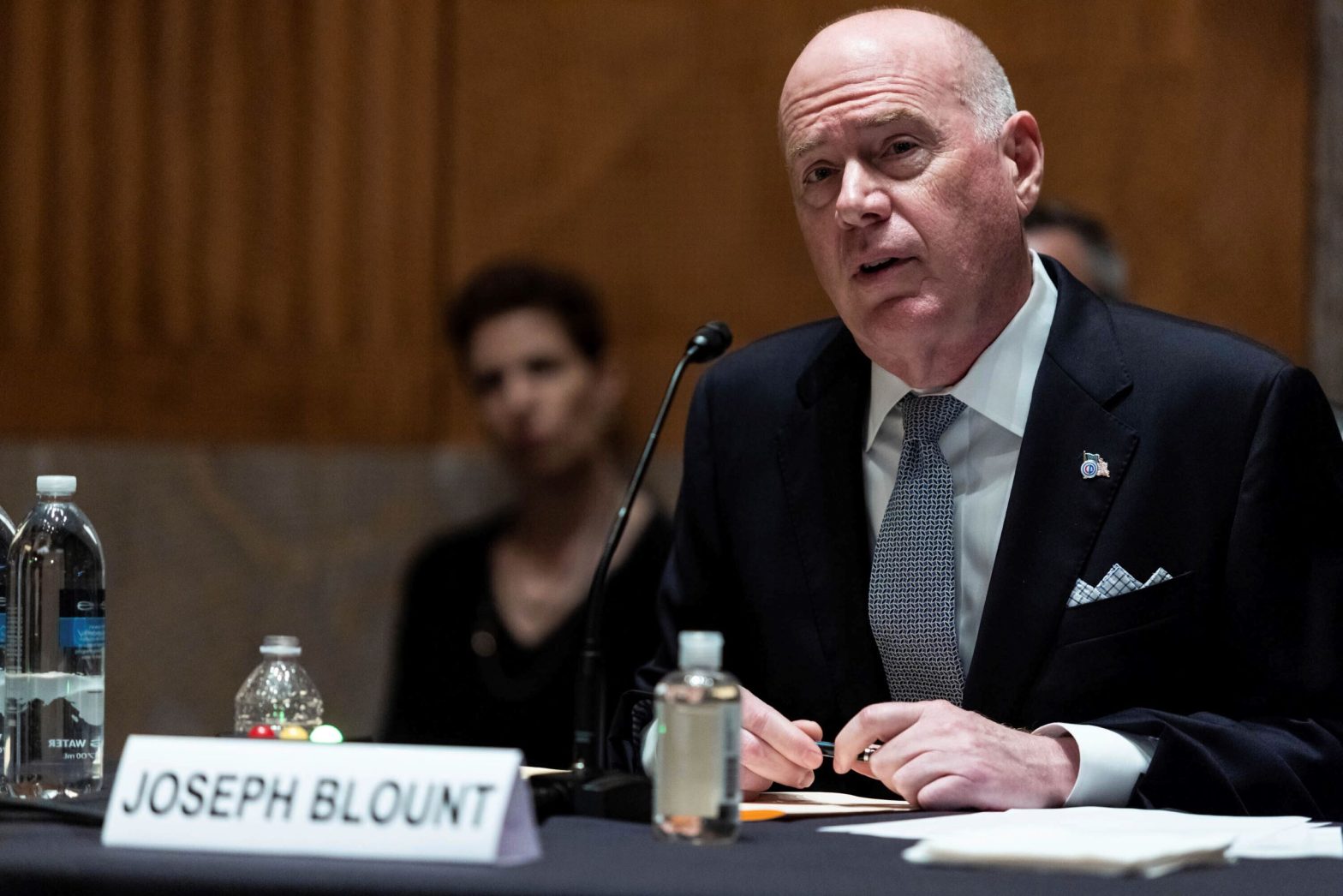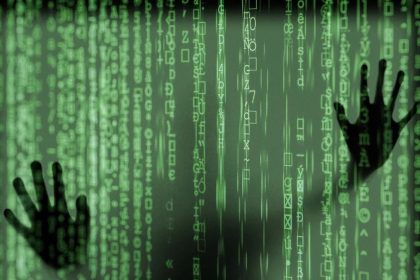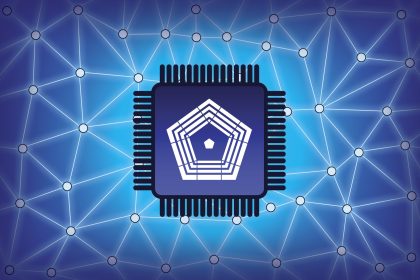Federal Government Prepares to Take Lead in Protecting Industry Computer Networks

WASHINGTON — Testimony at a congressional hearing Wednesday on last month’s Colonial Pipeline Co. ransomware attack demonstrated that a bigger role for the federal government is coming soon to protect private computer networks.
The Georgia-based company’s chief executive officer admitted to internal failures in protecting the 5,500-mile pipeline’s computer network but also expressed frustration in dealing with sophisticated, foreign-based cybercriminals.
“We need the government’s help to put pressure on these host countries,” said Joe Blount, Colonial Pipeline’s chief executive officer.
The network was compromised on May 7 by a Russian gang of cybercriminals that use the name Darkside. They encrypted access to the Colonial Pipeline computer system in a way that blocked employees from using it.
Darkside released the encryption only after Colonial Pipeline paid a $4.4 million ransom through cryptocurrency into an anonymous account. By then, the ransomware attack shut down 45% of the fuel deliveries to the U.S. East Coast until the company restarted the pipeline on May 12.
The FBI recovered $2.3 million of the money this week by breaking into the account but did not lessen public outrage over the incident.
The outrage continued Wednesday among corporate executives and lawmakers at the House Homeland Security Committee hearing.
Colonial Pipeline has spent more than $200 million to protect its pipeline, including on cybersecurity, Blount said. Nevertheless, “The unfortunate reality is that those defenses were compromised.”
Charles Carmakal, chief technology officer for the cybersecurity firm FireEye Mandiant, said the Colonial Pipeline attack was traced to a single employee who used a company password designed for access to the network on more than one website. Hackers then tapped into the password on the second website and published it on the dark web, where Darkside picked it up.
Colonial Pipeline has hired Alexandria, Va.-based FireEye Mandiant to harden its computer networks against further intrusions.
Carmakal could not give assurances that the risks from cyberattacks will diminish soon in the United States.
“We are dealing with cyber intrusions every single day,” Carmakal said at the hearing. He also said that “threat actors will exert immense pressure” to get money.
Officials from JBS S.A., the world’s largest meatpacking company, said their cyber defenses were similarly overwhelmed on May 30 when Russian hackers launched an attack against their system. The attack shut down the Brazilian company’s plants in the United States and Australia until June 2.
The hearing preceded a meeting scheduled for June 16 between President Joe Biden and Russian President Vladimir Putin.
Biden has told the media the U.S. government is considering striking back against the Russian hackers in ways he did not disclose in detail. Putin has called any implication the Russian government sponsors or condones the attacks “nonsense.”
The Biden administration said the hacking attacks will be discussed during the summit meeting.
Meanwhile, several bills are pending in Congress that would expand the federal government’s leadership in guarding U.S. industry against cyberattacks.
One of them, introduced by Rep. John Katko, R-N.Y., would grant more authority to the U.S. Cybersecurity and Infrastructure Security Agency to coordinate government and industry responses to threats against computer networks.
“We must break the ransomware business model once and for all,” Katko said.
Another pending bill, introduced by Rep. Michael McCaul, R-Texas, and called the Cyber Diplomacy Act, would direct the U.S. State Department to take the lead in setting up international cybersecurity standards.
“I think we need to think about going on the offense and hitting them back,” McCaul said.























